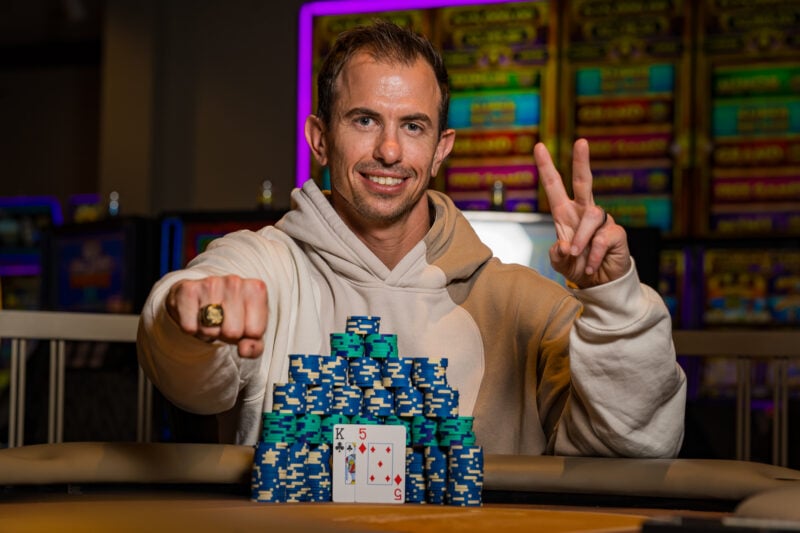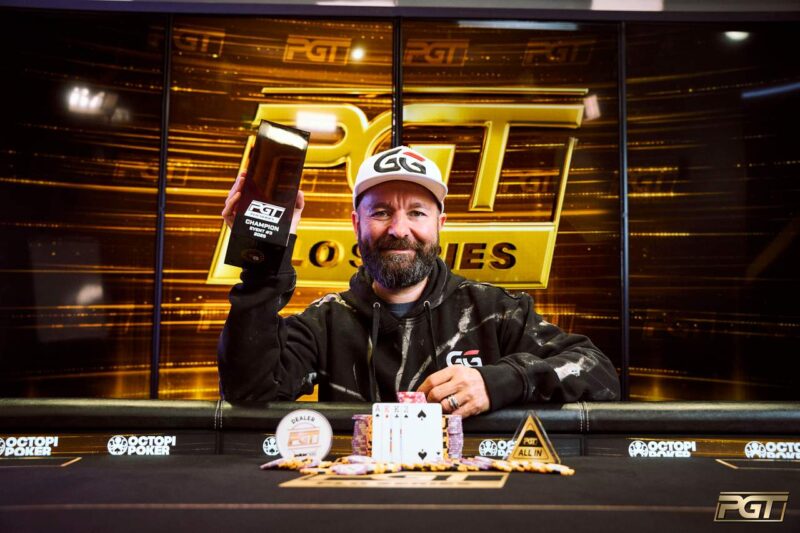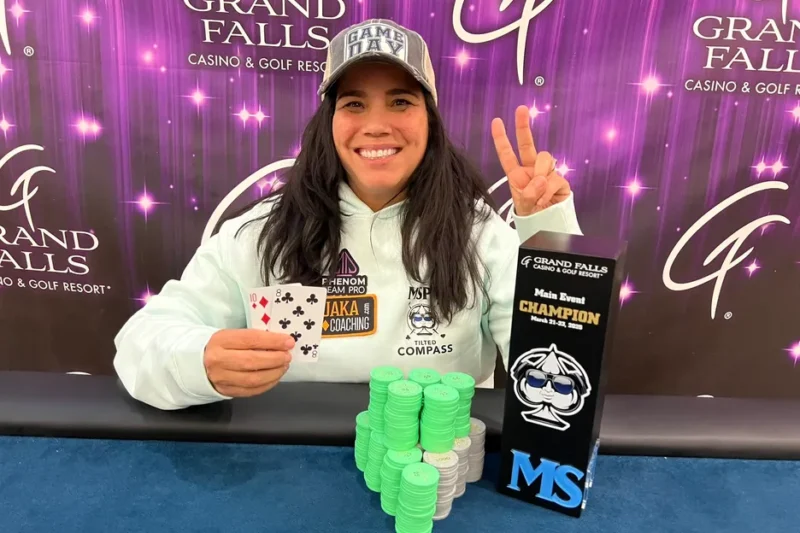Jonathan Little is a prolific writer on poker strategy who also coaches players, does TV commentary, and plays in big money tournaments. In Las Vegas for the World Series of Poker now, Cardschat sat down with the 32-year-old professional to talk about his latest book ‘Mastering Small Stakes No-Limit Hold’em,’ why he hasn’t won a WSOP Bracelet, and what it’s like to be a family man.
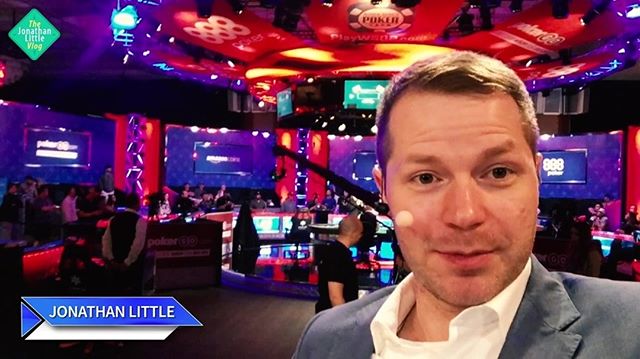
CC: Your latest book deals with success in small stakes poker games. How did you come up with concept?
Little: I was streaming on Twitch a while back and I quickly realized that a lot of the players there were small stakes players. I decided to write two E-books for them, one on tournaments and one on cash games, and they were very, very popular.
After they read them, I had some of them tell me they wanted a more in-depth guide. Those books were [maybe] 80 or 100 pages long. They are short, concise guides that will give people the tools to immediately succeed in a small stakes game.
This [new] book will help players play fundamentally sound [poker], and [show them how] to adjust to take advantage of the players they are likely to encounter.
CC: Did you actually go back and play small stakes games for research?
Little: I had not played small stakes in a long time, so I went and played in both small stakes tournaments and cash games. I remember once I was playing a $15,000 buy-in tournament at the Borgata and at the end of the day, I would go and play a $1-$2 cash game for a few hours.
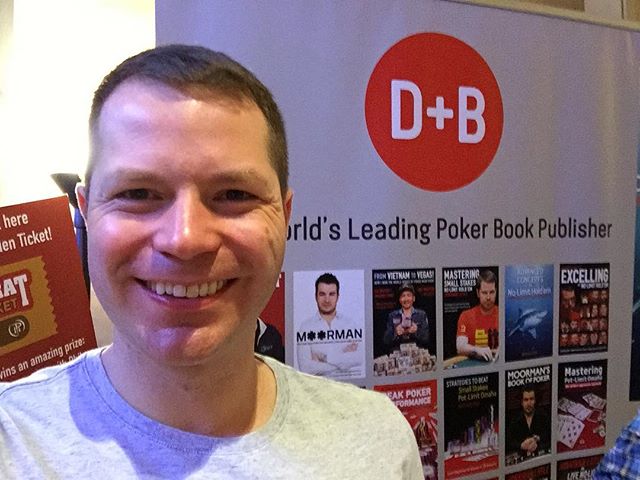
CC: Is the book only geared towards beginners, or can intermediate and advanced players benefit from it as well?
Little: The books are not aimed at beginners at all. I don’t discuss what beats what, or how to read the board. They are for people who know how to play reasonably well and are trying to get better. There’s a lot of people who play small stakes games who want to get better, they just don’t know how to go about it. That’s who this book is for.
CC: You’re also doing poker coaching. Who is your typical client?
Little: I have a full range of students. I don’t do a lot of private one-on-one coaching anymore, just because I found I would rather be helping lots of students at the same time.
I have webinars where I get online and teach 100 people at a time about a specific topic. I have a website, pokercoaching.com, and I have hand quizzes available and let you know what plays I would make and why I would make them. If you click on a play that I think is bad, I will tell you why I think it is bad.
CC: Do you follow your students’ successes after you train them?
Little: I always tell my students to tell me how they are doing and if they have any questions to let me know. I talk to them through Twitter and email all the time and I have a forum on another website where they can post their successes and failures. I keep track of people. It’s a lot of fun.
CC: You got your start playing online, do you recommend that to someone starting out?
I think you should definitely start online. They usually play for very small amounts of money, where is if you go into a casino, the smallest game is $1-$2 no limit and you are buying in for $200. If you play online, you can play .01-.02 and buy in for $2. You can play significantly longer for less money, and get experience.
CC: You have cashed in two events at this year’s World Series, most recently making the final table at Event No. 43, the $1,500 No-Limit Hold’em Shootout.
Historically, you’re an excellent casher, but seem to have more of a struggle making final tables, and particularly taking down first. What’s that about?
CC: Still no bracelet, are you surprised by that?
Little: No, not really. You have to think about how many people are in each event. Let’s say there are 1,500 people in each event. What are the odds of me winning? Let’s be optimistic and say 1 in 500, that means I need to play 500 tournaments on average before I win.
I have been here 11 years and played, let’s say, 30 events. That’s 330 tournaments. So in theory I need to play another eight years or so before I reach the 500 number.
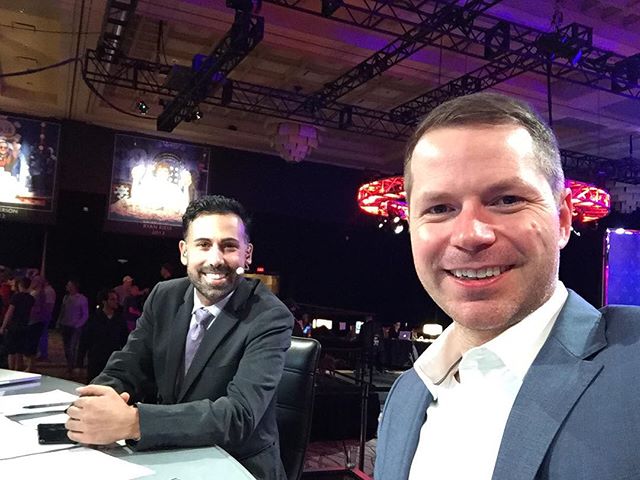
CC: You have been to five final tables in WSOP events over the years, but your best finish to date was in 2013, in the $5K No-Limit Hold’em Six-Handed, where you took home just under $239K for third place.
Were there any of those events where you felt cheated from a first-place finish?
Little: I don’t remember past events very well. I do remember there was one I took third and I lost jacks to ace-five. That was just unlucky. I had another event I had aces back-to-back and lost both those pots. I’ve been happy with my play in this event, especially this year.
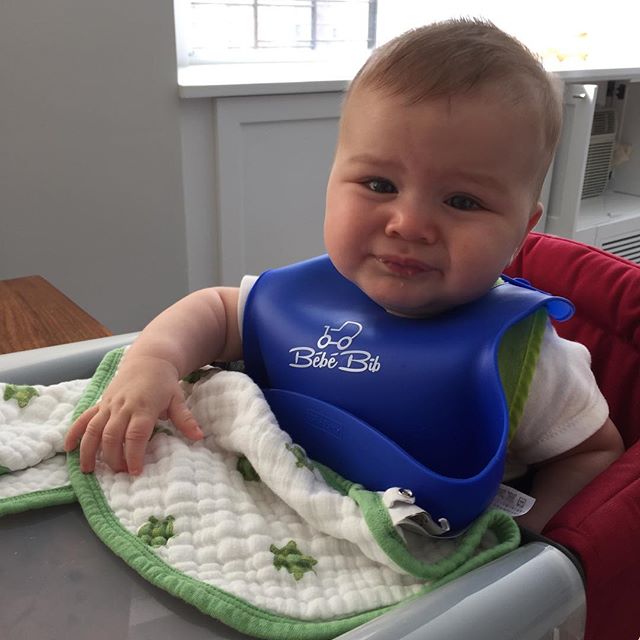
CC: You have a wife and baby now, how does that affect how much poker you play?
Little: I’ve made a point over the last three or four years to make it so I could stay home a decent amount of the time and coach my students and write my books. My current plan now is to play high volume series somewhat sporadically. I try to invest as much money as possible in the shortest period of time. That way I can stay home with my family more.
